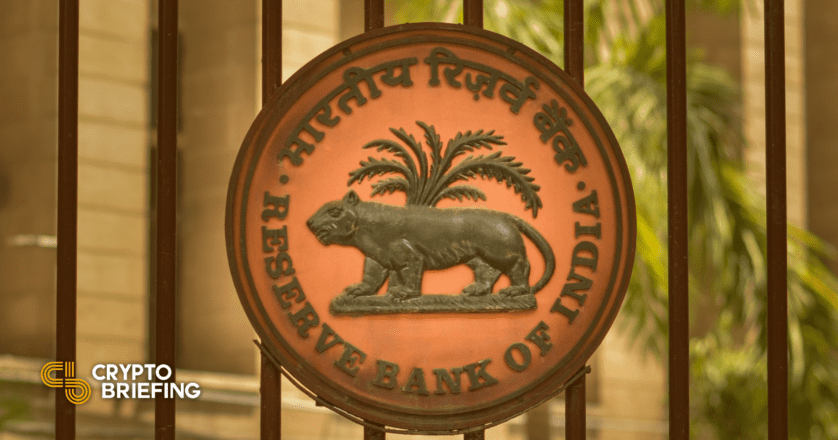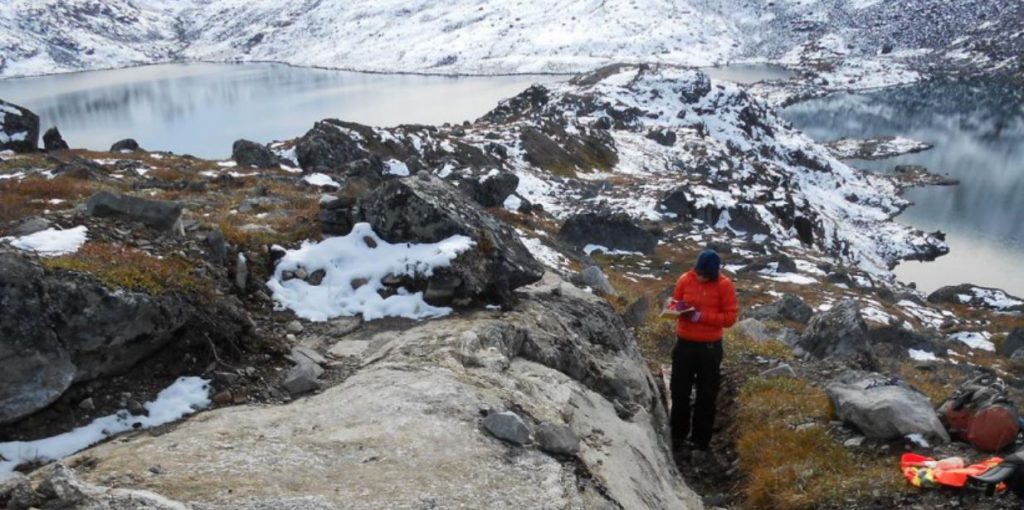Tourism businesses in the five hardest-hit regions say targeted government funding has been a boon but not a silver bullet.

Photo: 123RF
Last year, Tourism Minister Stuart Nash unveiled a $200 million recovery package for the industry with particular support earmarked for Fiordland, South Westland, Queenstown Lakes, Mackenzie District and Kaikōura.
The targeted support included $10m for business advisory support, $10m for grants to carry out the advice, $4.5m for mental well-being support, and $49m for a Tourism Kick-start fund to support businesses to re-start or ramp up ahead of international visitors returning later this year.
Jude Cathcart runs The Jollie Biker in the Mackenzie District, and she said bookings plummeted when the border closed, and lockdowns and Omicron dealt further blows, putting off travellers from the North Island.
She received $5000 worth of business advice and a $5000 grant from the tourism recovery package.
“That was used towards marketing and for the website, and then also just with the various other grants that the government has put forward, it’s helped a bit.
“Certainly not as much as what operating would be, but it’s certainly helped to pay the bills when there hasn’t been booking coming through.”
The grant had helped to freshen up her Twizel-based business, she said.
“When you’re not getting word of month and constant bookings, it’s quite easy for a business to sort of fade into the background.
“So it’s important to get your business looking fresh and front of mind in the public eye so to have that bit of help with marketing certainly made a difference.”
Delwyn Riding launched Out There Tours at the start of 2020 in Kaikōura – a month before Covid hit.
It had been a bumpy few years and she had returned to teaching to pay the bills, but said she was pleased with the targeted government support.
She used the advice and grant for financial coaching, social media support and strategic planning, but said the mental health support was available if operators wanted it.
“It’s given me some hope for the future and it’s certainly given me some skills to tap into the right people who can support me.”
So far, 92 Westland businesses have accessed more than $450,000 worth of business advice and grants.
Development West Coast chief executive Heath Milne said they were still waiting for mental health support despite the funding being allocated to the local DHB last year.
“That need is genuinely still there and we’re really keen … to see something happen in that area because the business owners, in particular in that part of the world, have been under a huge amount of stress for way too long.”
The Ministry of Business, Innovation and Employment confirmed that both Covid-19 and recruitment difficulties had caused delays, but said a Mental Health First Aid delivered by St. John had been rolled out in the district.
Milne said the region had benefited from other parts of the recovery package including the Tourism Infrastructure Fund.
He was waiting for more updates on the Tourism Kick-start Fund.
“Now that we see some light at the end of the tunnel, nothing in my view is stopping the border being opened up completely and allowing tourists to come back in so it’s about time that funding was allocated in my view,” Milne said.
“Next summer is really the key, we’ve got our eyes on that to actually start getting some revenue as opposed to some financial support.”

Tourism Minister Stuart Nash.
Photo: RNZ / Samuel Rillstone
Tourism Minister Stuart Nash said the recovery package was not the only money available.
“Keep in mind that every single one of these businesses were also eligible for the worker support programmes, the Covid support programmes we’ve had in place so there has been other money available to ensure that workers have kept engaged with companies and companies have been able to pay bills.”
He didn’t want to downplay how tough it has been for businesses in the five communities.
“What we’ve tried to do is provide the sort of support, both business and mental health support, that has been asked for.
“But also that we think will help businesses survive or again make the really important decisions that a number of these businesses have had to make.”
The $49m Kick-start Fund was ready to roll once the government announced exactly when the border would open for Australia and other visa waiver countries, he said.
Currently it was by July, but Prime Minister Jacinda Ardern has indicated it could be earlier.
The Ministry of Business, Innovation and Employment (MBIE) confirmed roughly $3m of the advisory support and about $2m of the grants had been issued across all five communities.
Both remained open for applications.
MBIE tourism operations and partnerships manager Dale Elvy said the bulk of the funding for the initiatives was provided to the lead entities – economic development agencies or the local council – who were on the ground.
“Delivery of the Business Advisory Support, Implementation Grants and Kick-start fund was provided by lead entities that have local knowledge and expertise and have been agreed with the five districts.
“Lead entities have reported the value of the business initiatives goes beyond the funding amounts provided, as their growth advisers have provided wraparound support to businesses. This has included someone to talk to about their concerns and have also directed them to additional support.”
The mental wellbeing support funding was paid directly to the local DHBs.
“The Tourism Communities: Support, Recovery and Re-set Plan is a three-year plan, so the funding runs across multiple years,” Elvy said.
“The initiatives outlined above are intended to support communities most impacted by the loss of international visitors.
“Funding has been allocated to lead entities based on an estimated number of tourism businesses in each district, as the funding is available to tourism businesses only.
“For example, Queenstown Lakes District received the highest portion of funding, as it has the highest estimated number of tourism businesses of the five communities.”
He confirmed that MBIE received regular reports on the initiatives.
“A key part of the delivery of these initiatives has been utilising the local skills and expertise of organisations who know and work closely with local businesses to ensure the funding has the greatest possible impact.”
Note: This article have been indexed to our site. We do not claim legitimacy, ownership or copyright of any of the content above. To see the article at original source Click Here













